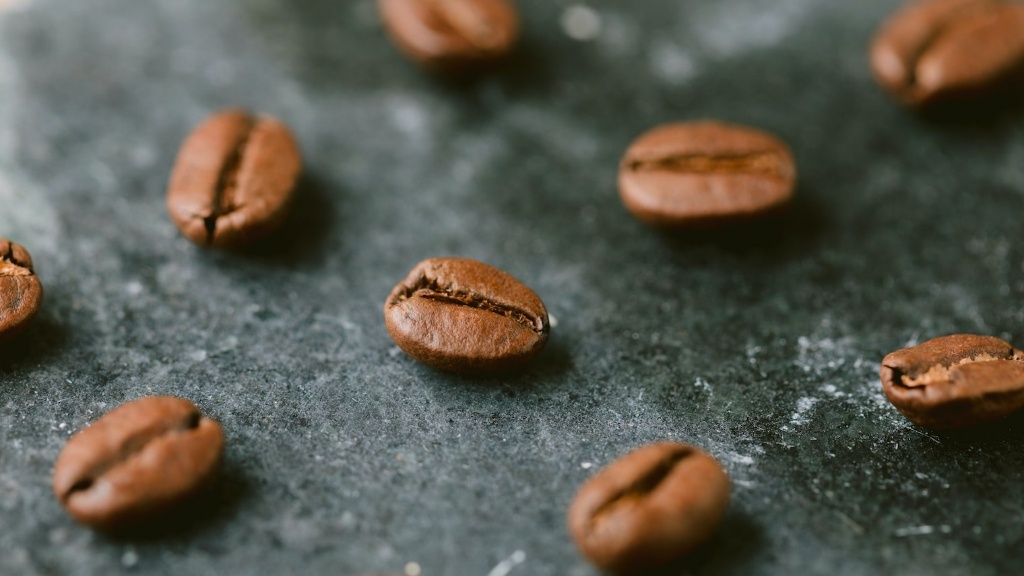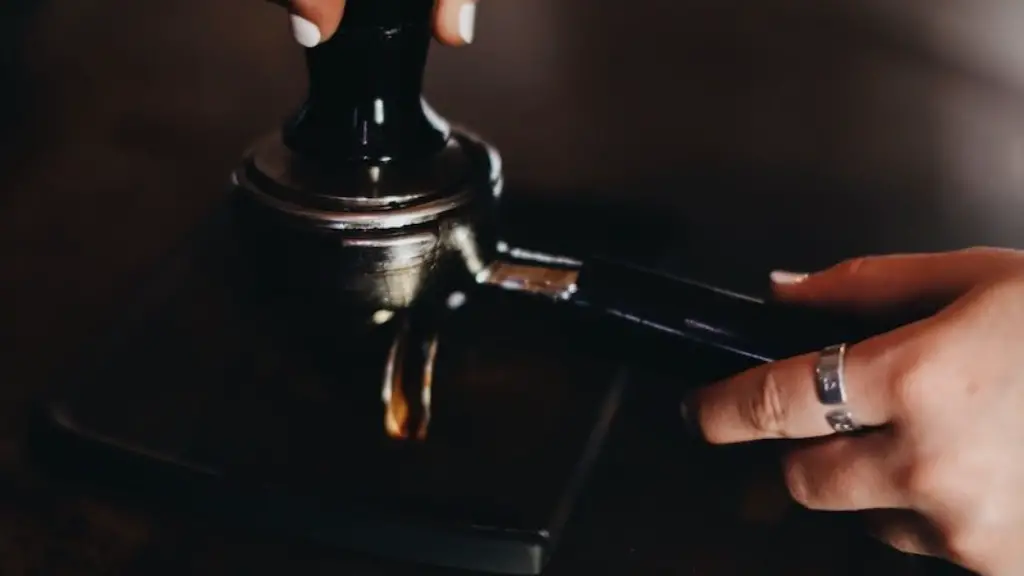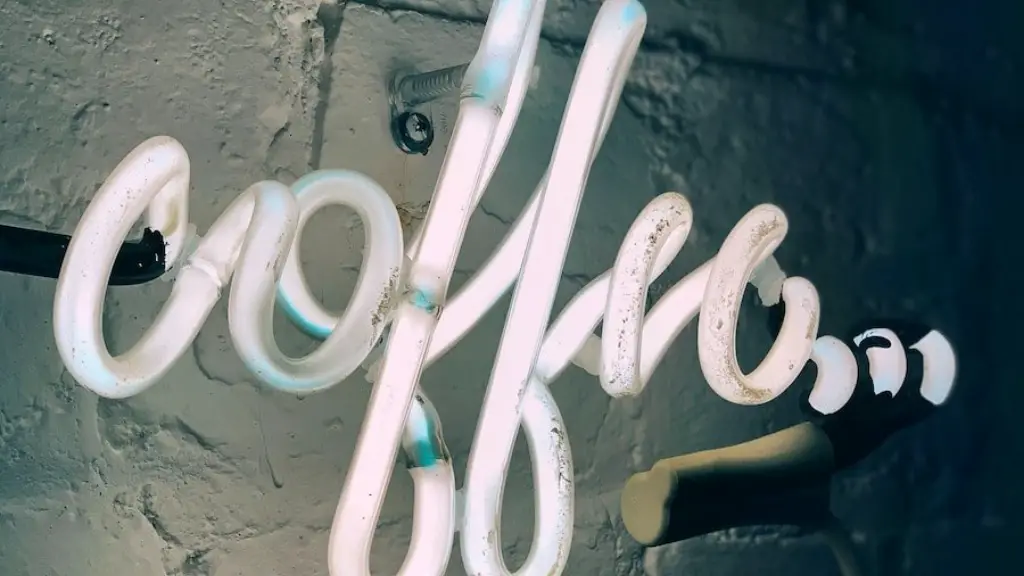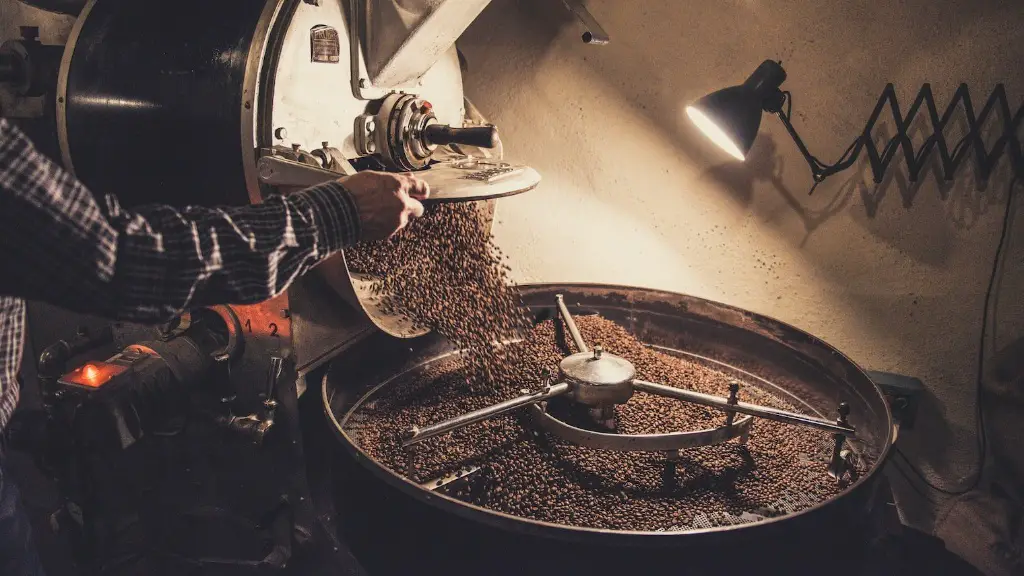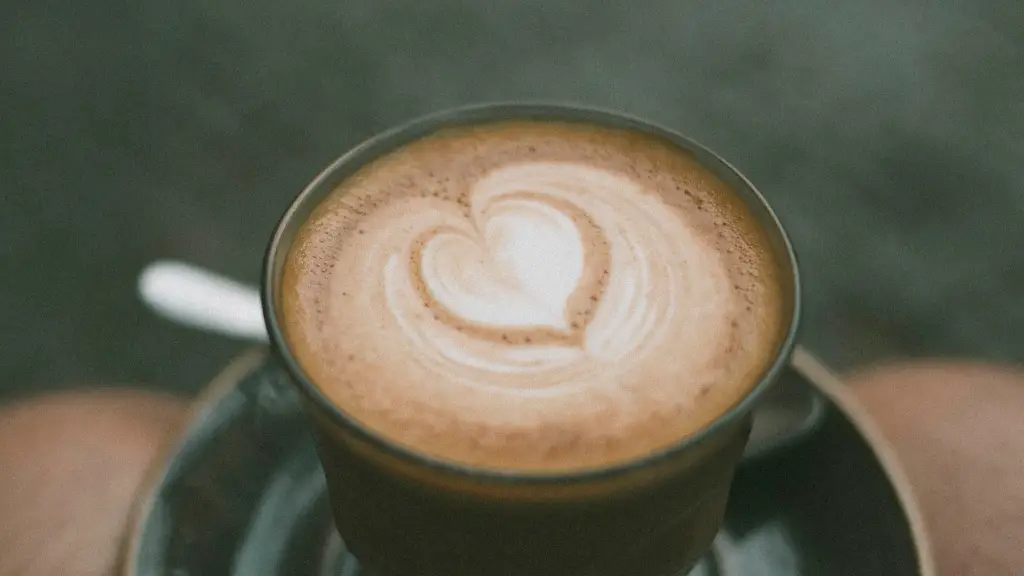Overview
The topic of caffeine and its effects on health has been a contentious and much-debated subject for decades. But when it comes to the effects of coffee specifically, the research is clear – caffeine can have a wide variety of benefits and potential risks. In terms of caffeine levels, it’s true that some coffee drinks have more caffeine than others. If you’re looking to find out which coffee drink has the least caffeine, this article will provide a comprehensive overview of the caffeine content of some popular coffee drinks.
In order to understand why some coffee drinks contain more caffeine than others, it’s important to first understand how caffeine affects the body. Caffeine is a stimulant drug, which means it acts on the nervous system to boost alertness, energy, and focus. It works by blocking adenosine, a neurotransmitter in the brain that promotes relaxation and sleepiness, so it’s not surprising that many of us reach for coffee to get an energy boost first thing in the morning.
Types of coffee and levels of caffeine
The amount of caffeine in a given coffee drink depends on its type and how it is prepared. Coffee beans contain around 1.1–1.2% caffeine by weight. Some of the more common coffee drinks and the approximate level of caffeine they contain are provided in the below table.
| Coffee Type | Caffeine content per 6-oz. Cup (approx.) |
|---|---|
| Espresso | 63 milligrams |
| Regular or Drip Coffee | 115 milligrams |
| Decaffeinated Coffee | 4 milligrams |
| Latte | 75 milligrams |
| Iced Coffee | 95 – 200 milligrams |
As can be seen from the above table, there’s a huge range of caffeine levels in coffee drinks. Generally speaking, the more drinks are diluted with milk, cream, or water, the less caffeine they will contain. As such, espresso-based drinks, such as cappuccino or latte, contain less caffeine than the stronger coffee drinks like drip coffee and iced coffee.
Coffee with the least caffeine
So which coffee drink has the least caffeine? The answer is – decaffeinated coffee. Decaffeinated coffee is made by treating coffee beans with an aqueous solution of water and either activated charcoal or solvents like methylene chloride or ethyl acetate. This removes much of the caffeine from the beans but still leaves a small amount of caffeine.
While decaffeinated coffee still contains some caffeine, it has significantly less than regular coffee. A six-ounce cup of regular coffee usually contains anywhere between 90-150 milligrams of caffeine, whereas a six-ounce cup of decaffeinated coffee typically has only 2-4 milligrams. This means decaffeinated coffee provides an estimated 70-75% fewer caffeine than regular coffee.
It’s important to note that decaffeinated coffee still contains some caffeine, so it’s not completely caffeine-free. Anyone who is trying to avoid caffeine completely should steer from all types of coffee.
The benefits of cutting down on caffeine
Caffeine is a widely used stimulant, but consuming too much of it can lead to unwanted side effects, such as insomnia, nervousness, restlessness, irritability, headaches, and a rapid heart rate. For this reason, some people choose to cut down on their caffeine intake and opt for decaf or other low-caffeine drinks.
In addition to avoiding unpleasant side effects, reducing your caffeine intake can also improve your overall health. Caffeine can affect the body’s adrenal system, which helps regulate the body’s response to stress. By drinking less caffeine, the body can better balance its cortisol and adrenaline levels, leading to improved sleep and less anxiety.
For those who are used to having caffeine, cutting down can be difficult. But there are a number of strategies to help make the transition easier, such as slowly transitioning to decaf or low-caffeine drinks, drinking more water, and seeking out alternatives to coffee for energy and alertness, such as herbal teas, breakfast smoothies, and energy drinks.
Caffeine and health
In addition to having its potential risks, caffeine can also have some potential health benefits. Studies have suggested that regular, moderate caffeine intake can improve cognitive function, reduce fatigue, and even enhance alertness. According to experts, the optimum daily intake of caffeine is between 180-400 milligrams per day, which is equal to around two to five six-ounce cups of brewed coffee.
Caffeine can also benefit athletic performance. Several studies have found that pre-workout caffeine can help delay fatigue, improve endurance, and boost strength and power. However, it’s important to note that consuming too much caffeine can have the reverse effect, leading to increased fatigue and decreased performance.
Alternatives to coffee
For those looking for caffeine-free alternatives to coffee, there are a wide variety of options available. Herbal teas, such as chamomile and peppermint, are caffeine-free and can deliver some of the same health benefits as coffee. Green tea is another option, as it only contains around 30 milligrams of caffeine per cup.
Other caffeine-free drinks include hot cocoa, energy drinks, and sparkling water. There are also a wide variety of herbal supplements that provide energy and alertness, such as ginseng, maca, and Rhodiola Rosea.
In summary, if you’re looking to reduce your caffeine intake, the best option is to switch to decaffeinated coffee. This type of coffee still has some caffeine, but it contains significantly less than regular coffee. There are also a wide variety of caffeine-free alternatives to choose from, such as herbal teas, cocoa, and energy drinks.
Caffeine sensitivity
Everyone breaks down and metabolizes caffeine differently. Some people are more sensitive to caffeine than others, meaning they may experience more of the negative side effects. For example, a person with caffeine sensitivity may experience anxiety, jitters, and dizziness after drinking only one cup of coffee.
Caffeine sensitivity is highly individual, so it’s important to pay attention to how caffeine affects you and adjust your intake accordingly. If you’re sensitive to caffeine, it’s best to avoid coffee altogether and opt for a caffeine-free alternative instead.
Other things to consider
When trying to determine which coffee drink has the least caffeine, it’s important to remember that other ingredients may also affect the caffeine content. For example, some flavored or specialty coffees, such as mocha or pumpkin spice, may contain more caffeine due to the added sugar, milk, or cream. It’s also important to consider the size of the drink. Larger coffees, such as venti or super-size, may contain significantly more caffeine than a regular-sized coffee.
Finally, it’s important to remember that different types of coffee beans have different levels of caffeine. Some coffee beans, such as Robusta, usually contain more caffeine than others, such as Arabica. Be sure to check the label to know the exact caffeine content of the coffee.
